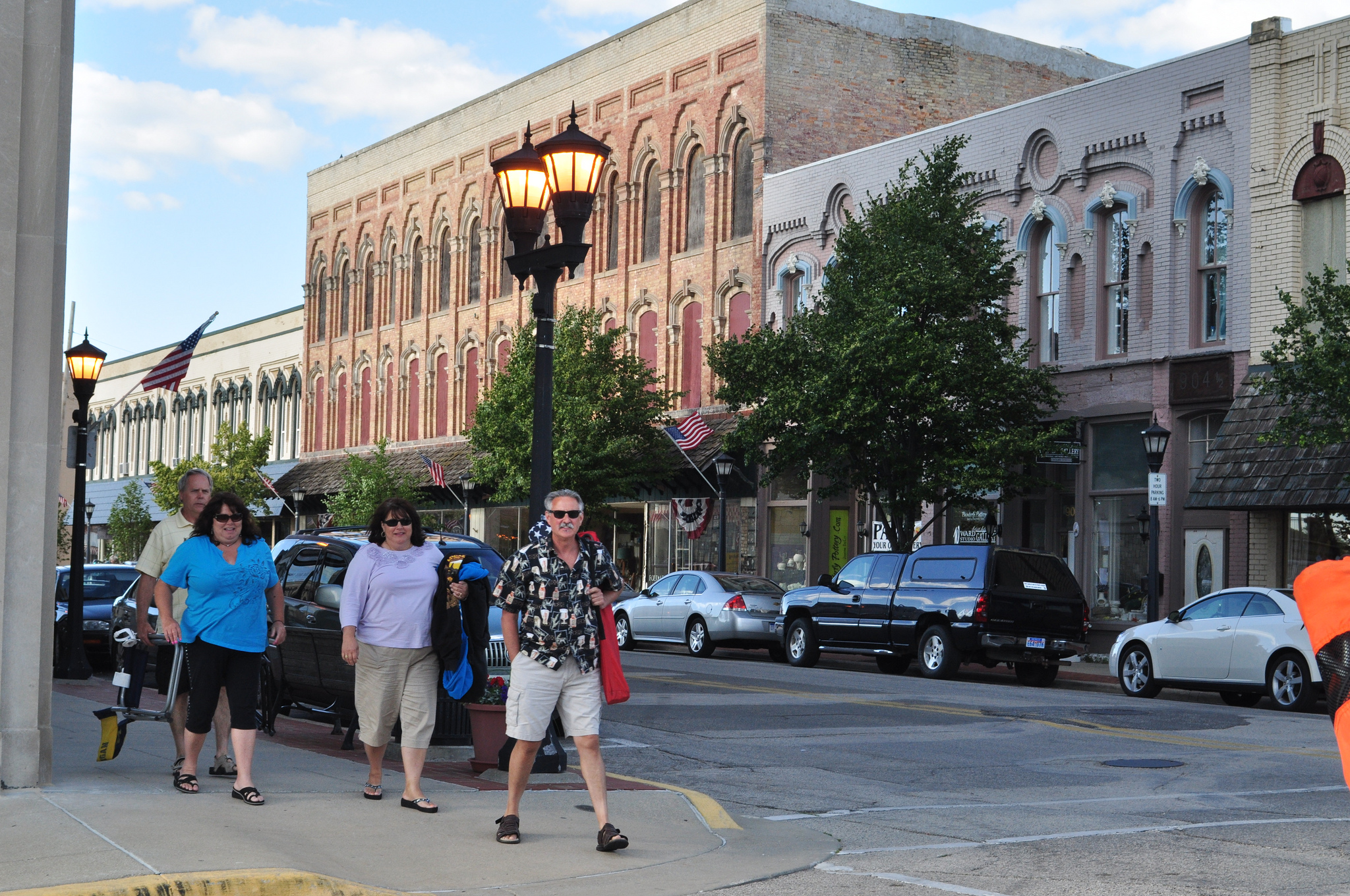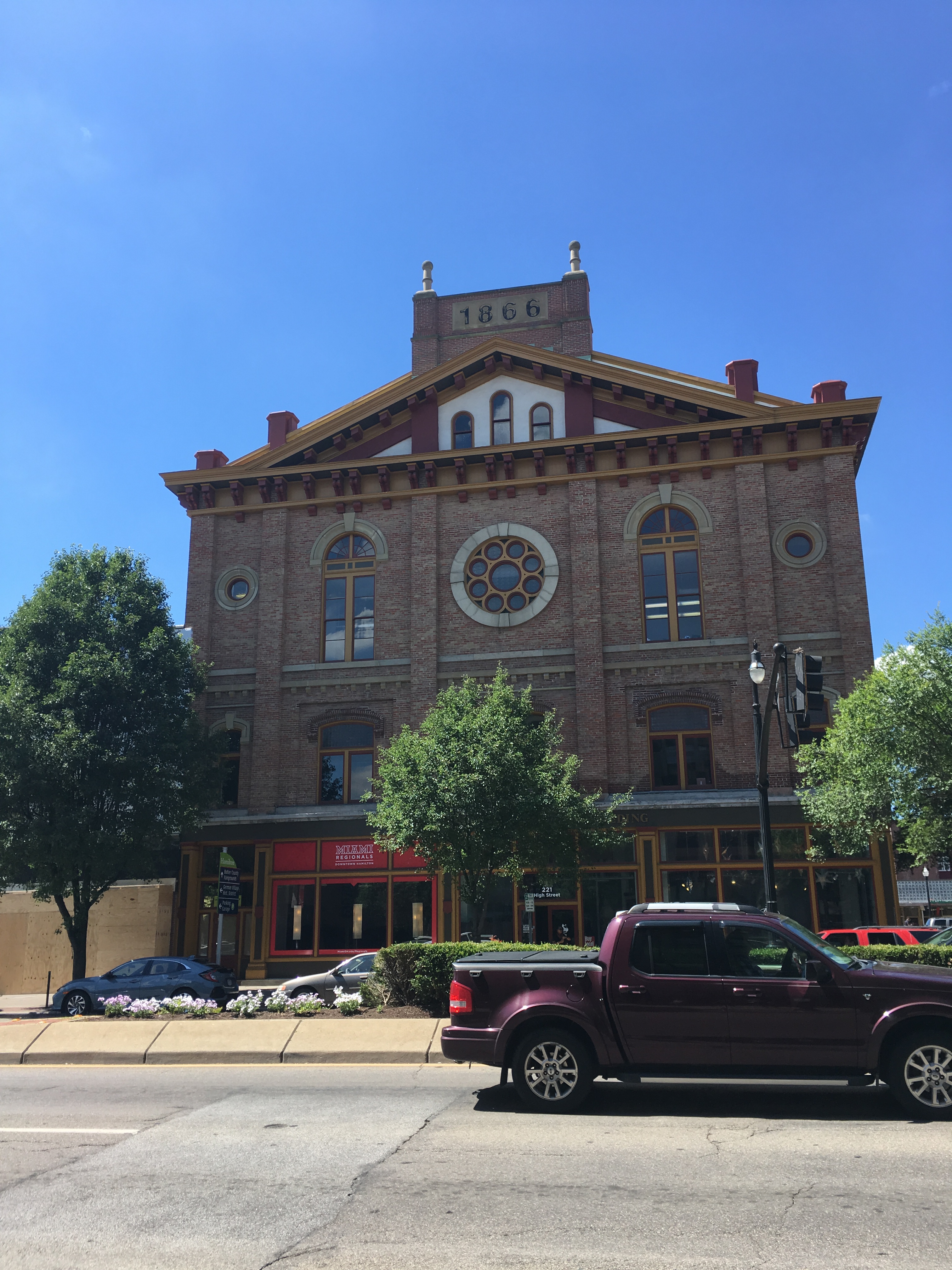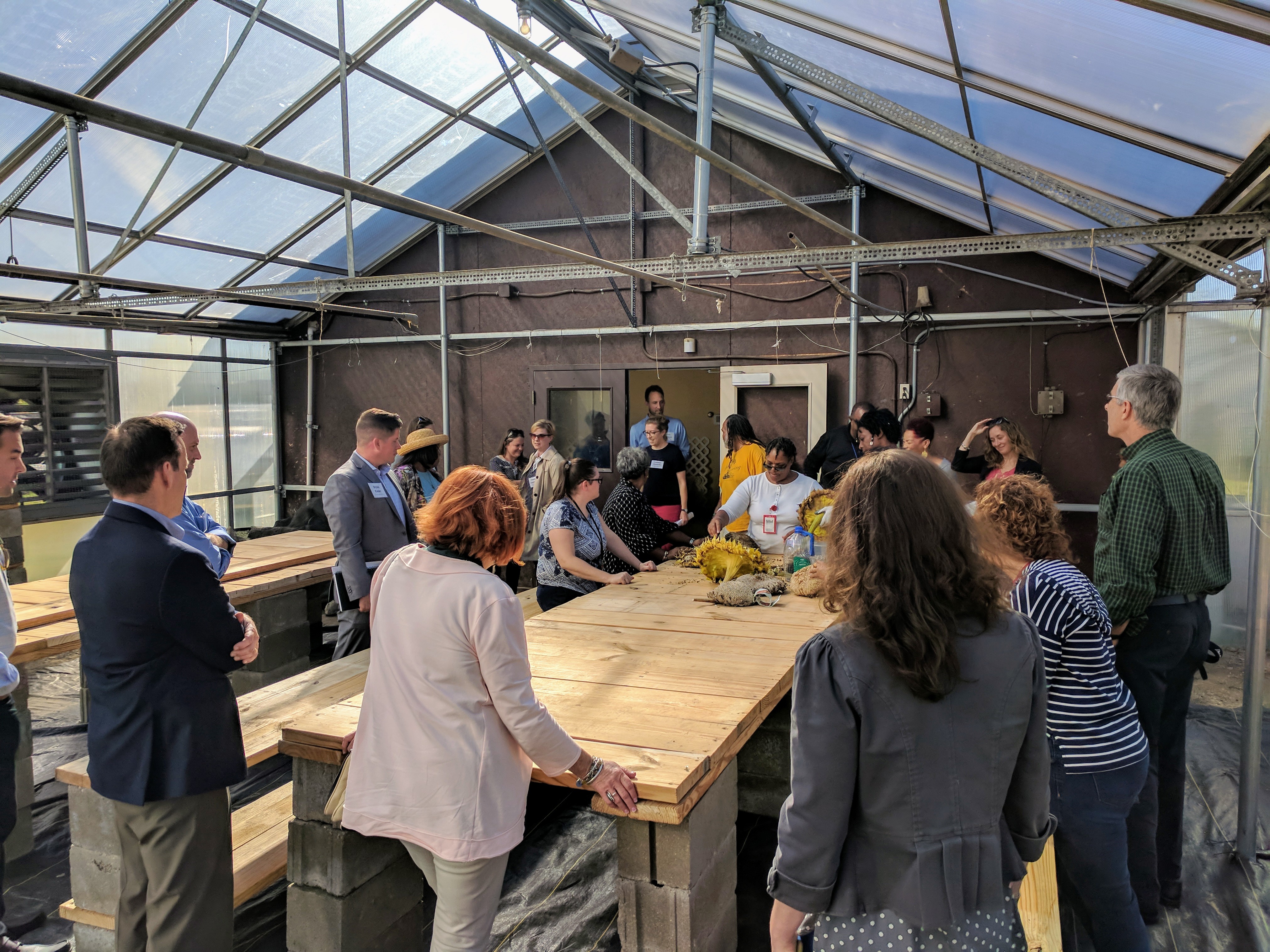
Empowering residents is an important aspect of building strong civic capacity.
Residents who feel that they have the ability to impact their neighborhood and their city are more likely to be satisfied with where they live and contribute their time, skills, and resources to broader revitalization efforts. Small, inexpensive neighborhood projects can give residents the opportunity to impact their community in a positive way, while also building up neighborhood capacity to tackle even larger challenges.


